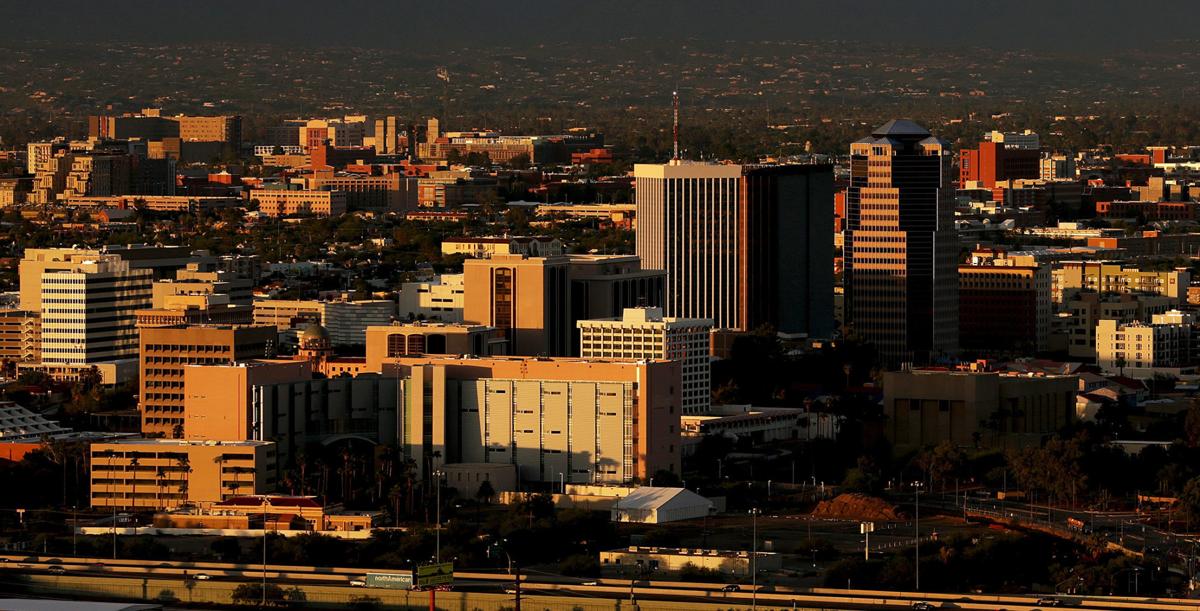ELDER Alliance — a network of organizations supporting quality of life for older adults — is drawing attention to the need for subsidized and affordable housing for seniors in Tucson.
A community forum that will include housing experts, government leaders and caregivers will be among those hearing the personal stories of poor seniors who need housing, organizers say.
The 1:30 p.m. forum is set for Wednesday, Dec. 5, at the Armory Park Senior Center, 220 S. Fifth Ave. This is the first of several forums that will be held to study the need for housing among low-income older adults, including discussions of housing models for a possible pilot project.
Jim Murphy, retired chief executive officer of the Pima Council on Aging and president of the Tucson Housing Foundation Board of Trustees, said attention to increasing low-income housing for older adults is vital.
The city, which also administers federal funds for public housing, manages $55 million to $60 million a year in total public housing, said Mayor Jonathan Rothschild. More than 10,000 people are served by the programs.
“In our region, every city-owned public-housing apartment complex and those built and subsidized through a number of federal programs has waiting lists for men and women 62 years of age and older,” said Murphy.
“Moreover, older adults in Pima County, who have limited income and are trying to live on Social Security or SSI (Supplemental Security Income, for those with disabilities) payments simply do not have enough money to cover their housing and care costs,” Murphy said.
In the city, there are 15,858 families on the Section 8 waiting list, and 1,965 are 62 or older, according to data from the city’s Housing and Community Development department.
Murphy said he believes many older adults do not generally register because of the long waiting list.
He said for about one-quarter of city residents, the cost of living exceeds their annual income. “This weighs heavily on older adults. Approximately 60 percent of older adults who are renting are not able to keep rent payments within 30 percent of their income, meaning that the cost of housing for a majority of older adult renters is not viable or sustainable,” Murphy said.
For some poor seniors, they receive $1,000 or less a month from Social Security.
The Tucson Housing Foundation recently commissioned a survey of more than 40 facilities providing housing for low-income seniors, and 34 have waiting lists ranging from three to 900 people.
Additional federal, state and local dollars need to be allocated to create and subsidize housing for poor elders, said Murphy. He said communities need to make it a priority to bring planners, developers, financial programs, businesses and governments together to address how best to solve the affordable- and subsidized-housing shortage for older adults.
L’Don Sawyer, chief executive officer of St. Luke’s Home — a low-income assisted-living community that operates 64 apartments — said she often hears stories about elders renting substandard housing. Others sleep on a friend’s or a relative’s couch. There are some that pay for a room and food at boarding homes. She said these stories must be documented.
“We need to gather data and understand where we are with this problem. We need to see a comprehensive list of affordable housing and subsidized housing for older adults,” said Sawyer, who also chairs ELDER Alliance’s Housing Action Team.
Jacquelyn Jackson, a consultant with St. Luke’s, said some older adults fall between the cracks.
“They are not poor enough for subsidized housing, but cannot afford the assisted-living facilities” that on average cost $4,000 to $8,000 a month throughout Pima County.
In fiscal year 2016-17, 30 older adults received financial assistance for utilities or to prevent homelessness from the Pima Council on Aging. In June alone, the agency received 64 requests for assistance to avoid eviction or utility shut-offs, said Maddy Bynes, PCOA public policy and advocacy coordinator.
As 10,000 baby boomers — those born between 1946 and 1964 — turn age 65 daily through 2030, housing for poor seniors nationwide will get worse unless more housing is created, Murphy said.
He said, according to a 2017 Insured Retirement Institute report on baby boomers, that:
- Only 54 percent of boomers have retirement savings, the lowest recorded in the seven years.
- Sixty percent of boomers expect Social Security to be the major source of income.





